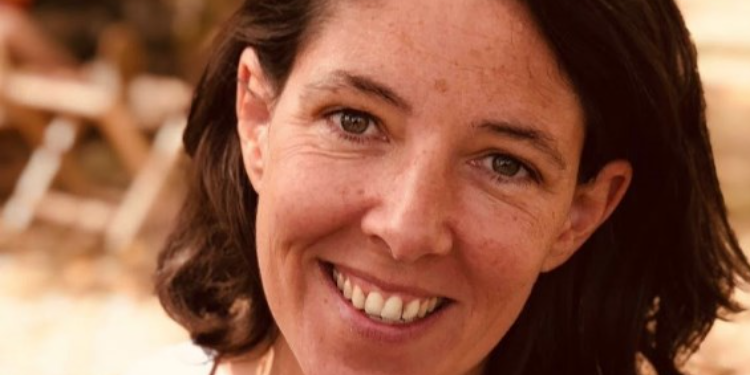You're a palliative therapist. What exactly is that?
I am a palliative therapist, in other words, I support families within which a member is suffering from a progressive, incurable disease and is at the end of their life as well as the bereaved.
You work particularly with expats. Tell us about your experience with expatriation.
I am dynamic and open to others, so I chose very early in my career to practice abroad. I wanted to know the different ways to live, to look after ourselves and yes, to die.
I have practiced in Switzerland, then in Spain (in Madrid and Barcelona) and now I am now living in Mauritius.
How can end-of-life situations be particularly difficult for expats?
Distance complicates everything. And one of the hardest things is being aware of the decline of a loved one, the evolution of the disease or addiction. The theoretical knowledge is fine, but the heart does not understand as easily as our brain.
Why is it important to be supported by a professional when we're dealing with a loved one in end of life, even when we are far from them?
I want to say that it is essential to be accompanied ESPECIALLY (and not even) if you are far away. And, in fact, working with a professional means learning to manage the emotions caused by worry, have technical answers on medication or medical information, how to keep in touch with your loved one but also how to talk about the situation with children. With the crisis and how hard it is to travel right now, we can also think of creating rituals for the time of the funeral and of course to be supported during the mourning period.
What stages do expats often go through when a relative back home announces a serious progressive illness?
Shock and bewilderment can last longer in expats. It is easier to get back to life by sweeping the bad news under the rug and to have two very distinct bubbles. The job is to get them to communicate.
How does one take care of oneself during this complicated time?
How to take care of yourself or the relationship with your loved one? Each individual and family system is different. I create answers according to the needs of each one. On the other hand, I can remind you that it is essential to be in full presence with yourself on a daily basis to fully acknowledge our emotions.
Besides psychological support, what other services do you offer?
It is a support but not psychological, I am a nurse, I am in the concrete to help in the present on the taboo subjects of the end of life, death and bereavement.
I can also be contacted to organize a family reunion so that the whole family can communicate more effectively. I can also be called upon to reflect and write up advance directives.

















Contact us to be featured in the Interviews section.
Participate